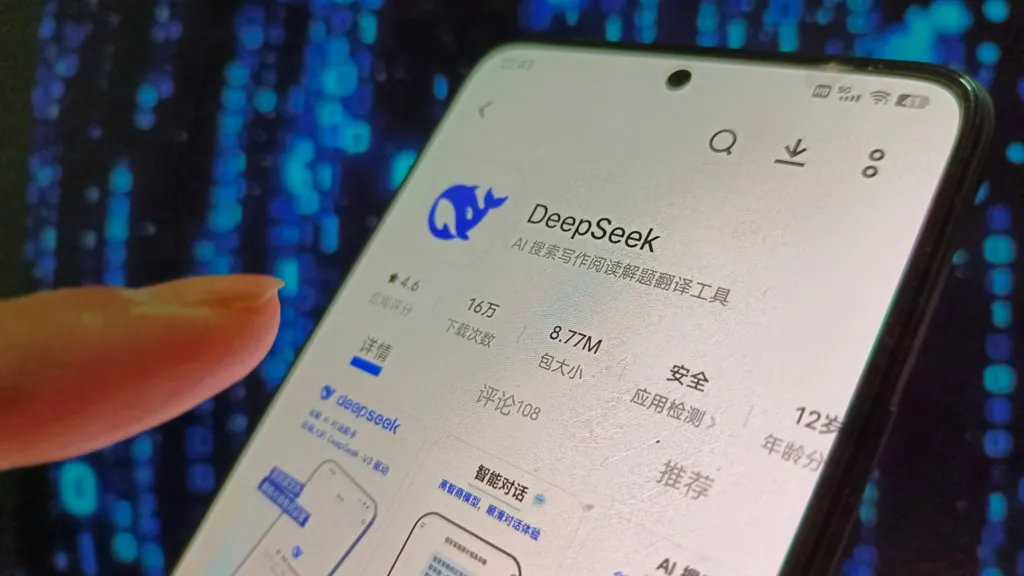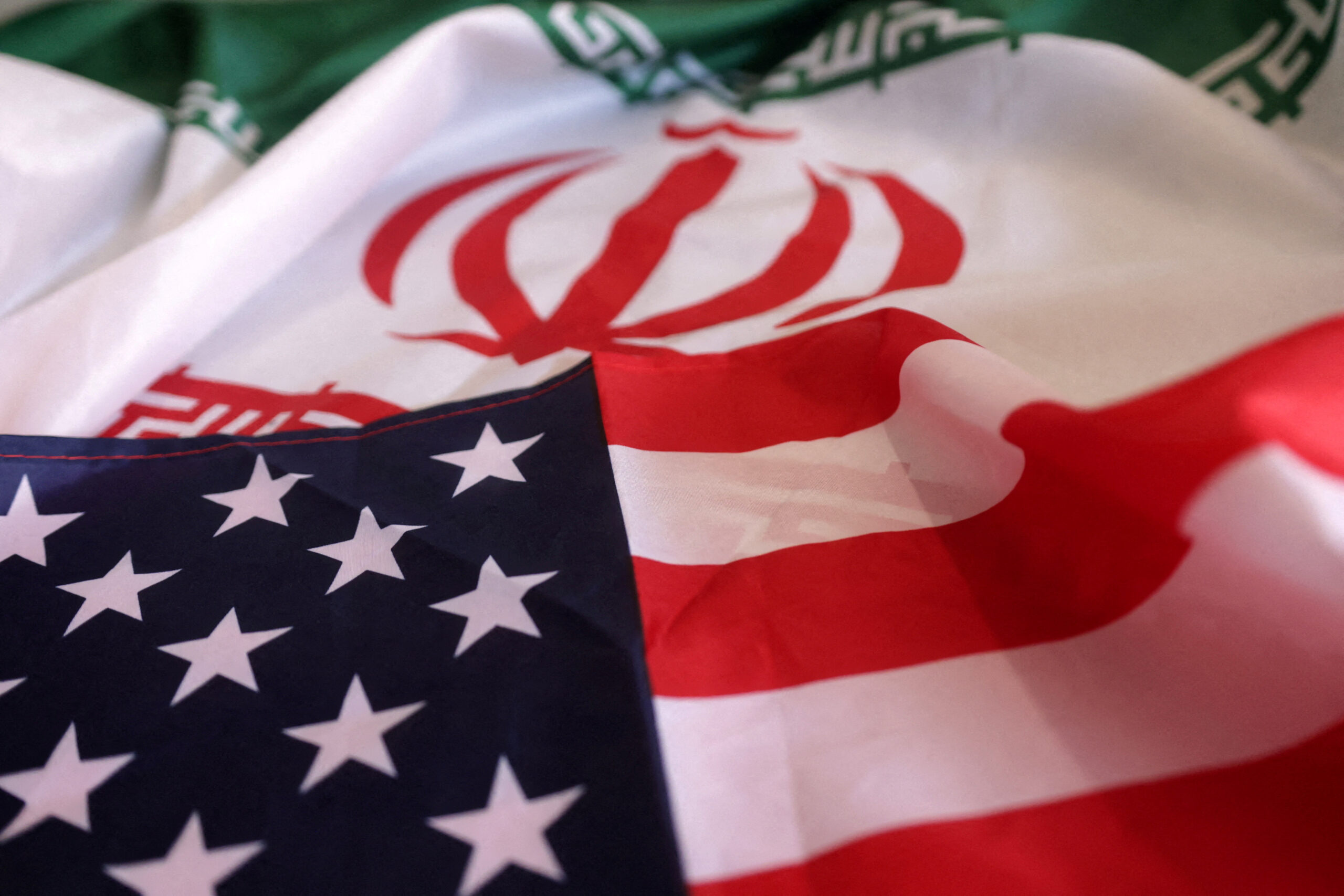US officials are evaluating the national security implications of a recent AI breakthrough from the Chinese company DeepSeek, White House Press Secretary Karoline Leavitt revealed. The move follows the US Navy’s decision to ban its members from using DeepSeek’s apps over concerns related to security and ethics.
At the same time, OpenAI, the company behind ChatGPT, has pledged to collaborate with the US government to protect its technology from being copied by competitors.
DeepSeek’s powerful yet low-cost AI model has caused a significant dip in US tech stocks, with investors questioning the high costs associated with developing new AI infrastructure. The rapid rise of DeepSeek has prompted concern among US officials and companies.
During a briefing, Leavitt confirmed that the National Security Council is investigating the potential national security threats posed by DeepSeek’s AI, which President Donald Trump described as a wake-up call for the US tech industry.
Pl watch the video and subscribe to the YouTube channel of republicpolicy.com for quality podcasts:
The US Navy has warned its staff not to use the DeepSeek app, citing “potential security and ethical concerns.” Meanwhile, David Sacks, the newly appointed White House AI and crypto czar, suggested that DeepSeek might have learned from OpenAI’s models using a process known as knowledge distillation, raising alarms about intellectual property theft.
OpenAI has echoed these concerns, emphasizing its efforts to protect its AI models from being copied by competitors. Despite these concerns, DeepSeek claims it is the target of cyber attacks, temporarily halting new registrations due to “large-scale malicious attacks.”
While DeepSeek’s AI breakthrough has shaken the US tech industry, experts still believe the US holds an advantage, particularly with its dominance in chip manufacturing. However, it’s unclear how DeepSeek developed its model and whether it can continue to compete at such a high level.
Despite the challenges posed by DeepSeek, President Trump has framed the development as an opportunity for the US to innovate and potentially lower AI development costs, suggesting the breakthrough could ultimately be beneficial for the industry.














